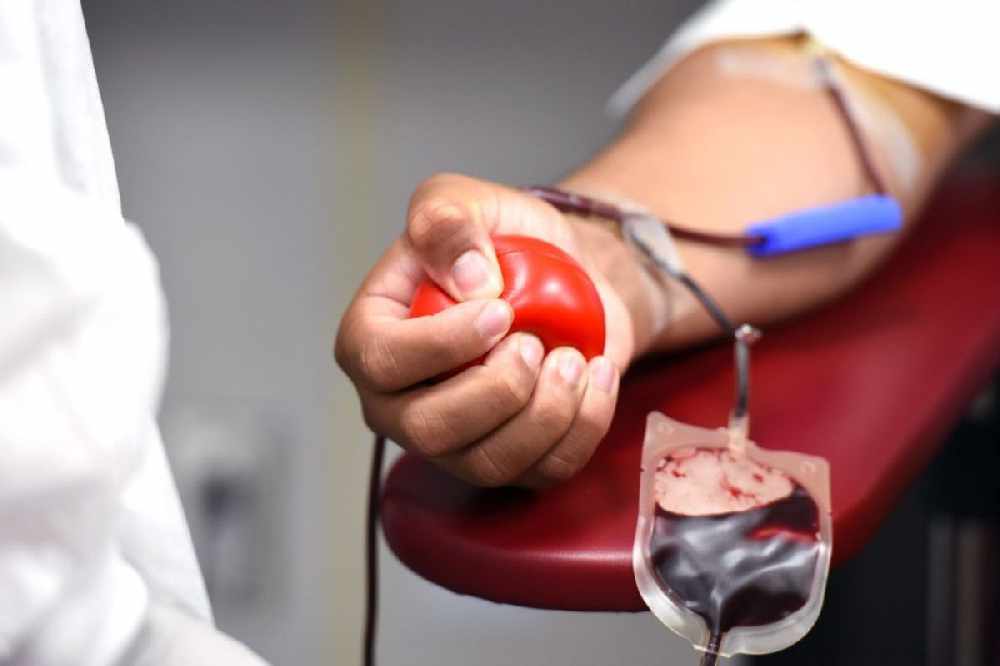
Guernsey's health committee says the number is fewer than five, but did not commit to specifics, after being questioned by deputy Lester Queripel.
The inquiry into what's become known as the NHS 'infected blood scandal' made public its findings in May.
Between the late 1970s and 1990s more than 30,000 NHS patients with conditions like leukaemia were given blood transfusions and subsequently contracted HIV or Hepatitis C.
The Prime Minister described the findings of the inquiry as "a day of shame" for Britain as it emerged that once the link between the transfusions and people becoming ill became known, steps were taken to cover it up.
Deputy Lester Queripel raised the matter of islanders affected at May's States meeting and subsequently asked for more details in writing, under what is known as Rule 14.
Guernsey's Health Committee told him that fewer than 10 island residents were infected with Hepatitis C or HIV because of receiving contaminated blood transfusions on the NHS.
Of those it says there was at least one death:
'Health and Social Care is aware of a death/deaths from this. The number is fewer than five individuals.'
It says patients affected were referred to a consultant virologist for treatment at the Orchard Centre at the PEH.
NHS patients are due compensation and HSC says it is pursuing payments due to Guernsey residents with the British government, but the General Election has slowed down that process.


 Guernsey Firefighters to collect Christmas trees for charity
Guernsey Firefighters to collect Christmas trees for charity
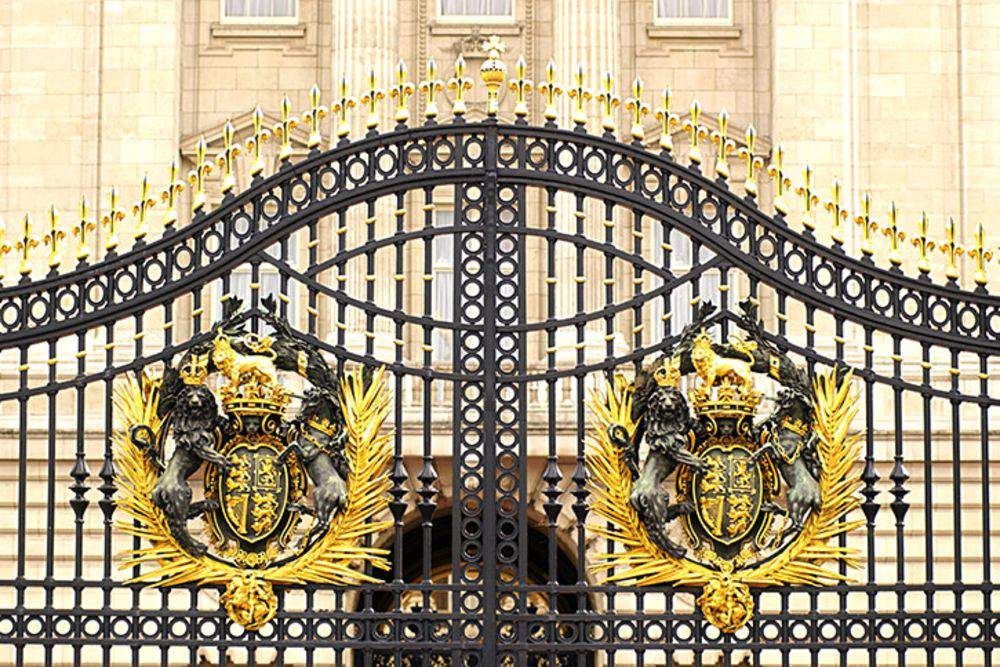 Four Guernsey residents on the New Year Honours List
Four Guernsey residents on the New Year Honours List
 Patrols at La Valette bathing pools after recurring antisocial behavior
Patrols at La Valette bathing pools after recurring antisocial behavior
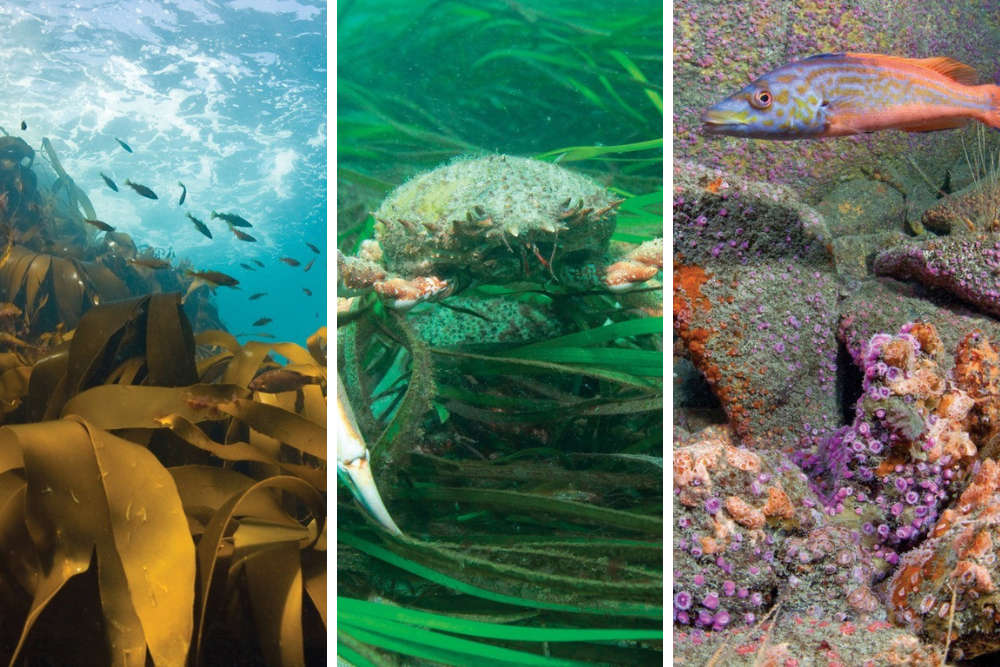 Enhanced protection for Sark's sea life
Enhanced protection for Sark's sea life
 Skeleton of new Guernsey golf resort built
Skeleton of new Guernsey golf resort built
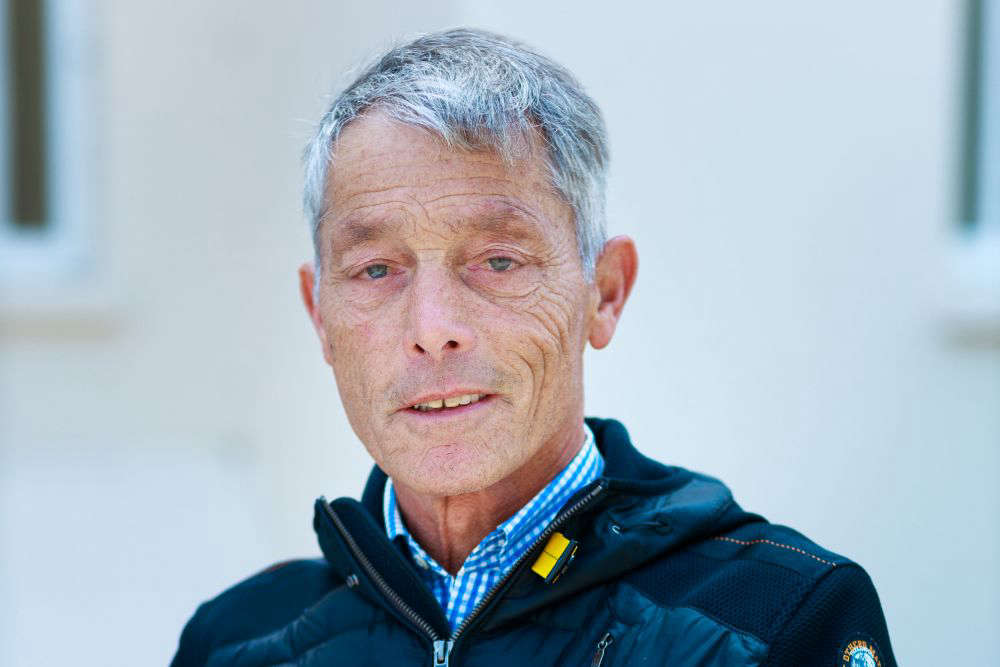 Prominent Guernsey man appointed Commissioner for Standards
Prominent Guernsey man appointed Commissioner for Standards
 Record festive parcel delivery for Guernsey Post
Record festive parcel delivery for Guernsey Post
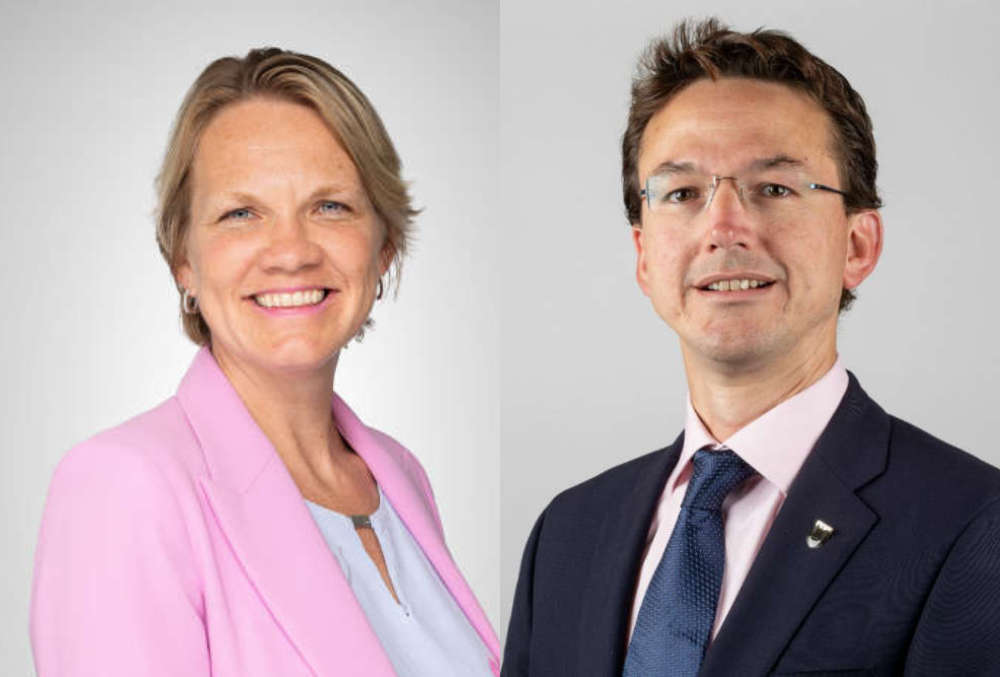 Channel Islands Ferry Operators Working Group expands
Channel Islands Ferry Operators Working Group expands




